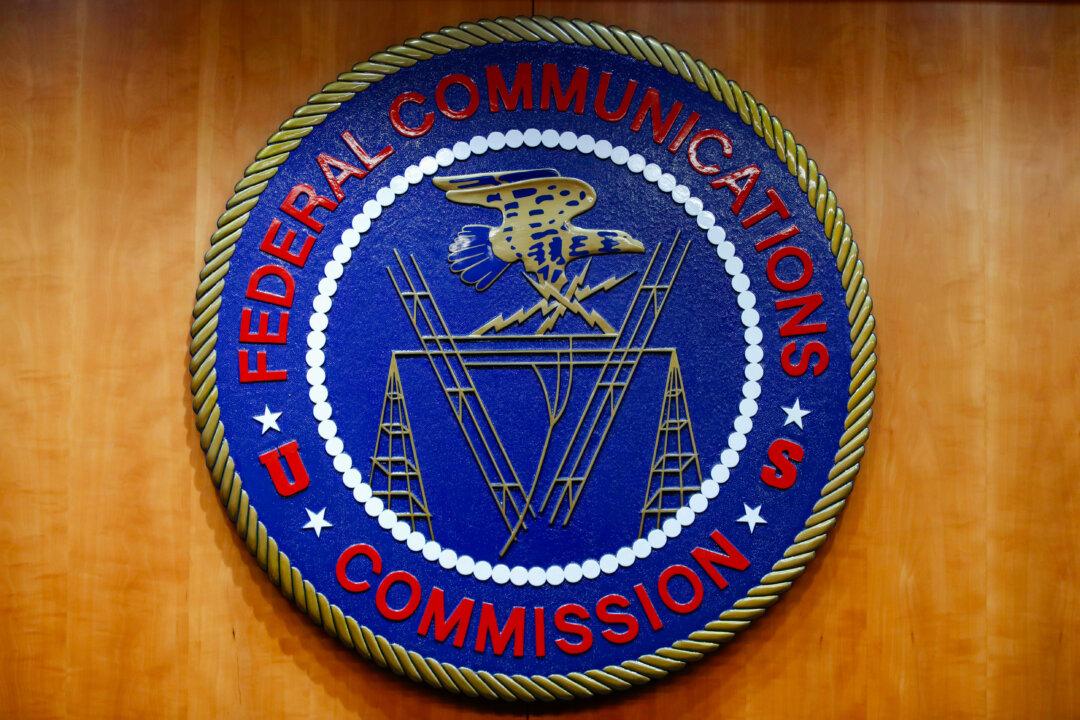A federal appeals court has ruled in favor of a conservative nonprofit in a case that challenged the legitimacy of the way the Federal Communications Commission (FCC) administers the Universal Service Fund (USF).
The court held that because the FCC relied on for-profit telecommunications companies to determine the USF surcharge, it functions as a tax that voters did not approve and so is unconstitutional.





